Podcast: Play in new window | Download (Duration: 53:51 — 76.4MB)
Learn TMD and Bruxism Management as a GDP – SplintCourse launches on Monday! Register for the Big Update
Being a good learner, on a fundamental level, is the very foundation of becoming a great clinician. In this interference cast episode I host Dr. Ferhan Ahmed, a dually-qualified Dentist limited to Implants and the author of the book ‘Unstoppable’. Ferhan teaches us mindset hacks and the power of visualisation to being an unstoppable force in Dentistry!
“Always put learning before earning. Increasing your knowledge is immensely, immensely powerful, and it will never hold you back.” – Dr Ferhan Ahmed
In this episode we talked about:
- Ferhan’s journey from dental school to medical school 5:57
- Advice to young dentists in pursuing Masters or medical school 9:33
- Power of visualization 16:09
- Kind of learning styles 22:26
- Takeaway message of the book ‘Unstoppable’ 29:17
- Rewarding yourself 35:38
- Communication tip 38:55
Grab a copy of Dr. Ferhan’s Book: BEING UNSTOPPABLE
As promised, the books that recommended by Dr. Ferhan
- ‘Atomic Habits’ By James Clear (Jaz can also vouch for how awesome both these books are)
- ‘Rich Dad, Poor Dad’ By Robert Kiyosaki
If you enjoyed this episode, you will also like 6 Signs You are a Comprehensive Dentist with Dr Jaz Gulati!



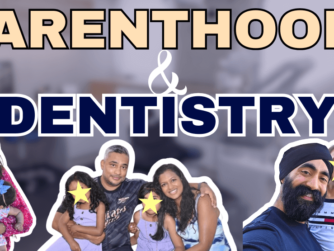
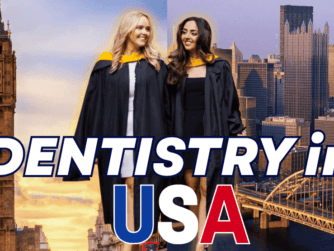
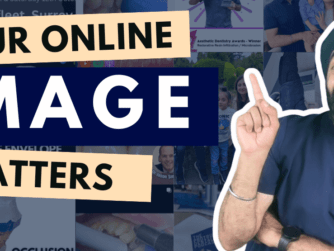

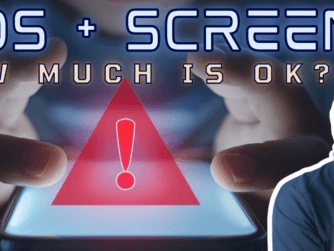
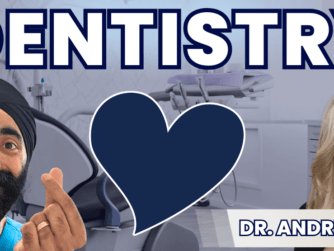
[…] If you enjoyed this episode, you will also like Being Unstoppable with Ferhan Ahmed […]
[…] If you enjoyed this episode, you will also like Being Unstoppable with Ferhan Ahmed […]
[…] If you enjoyed this episode, you will also like Being Unstoppable with Ferhan Ahmed […]
[…] If you enjoyed this episode, you will also like Being Unstoppable with Ferhan Ahmed […]